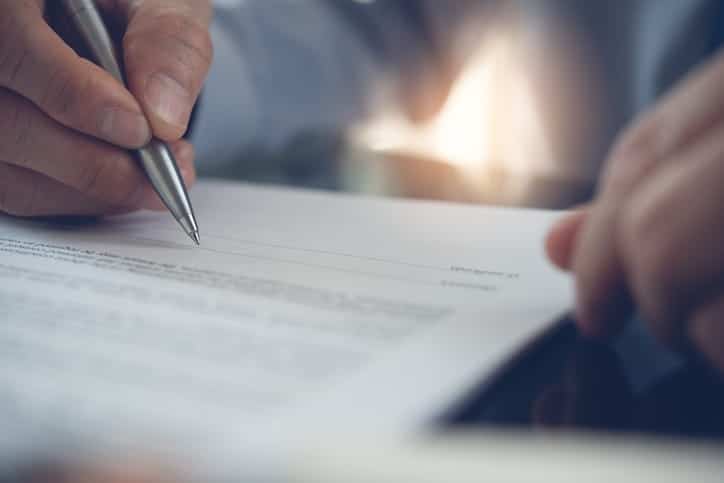How to choose the right personal injury lawyer
Knowing that you need a lawyer and knowing who to hire are two completely different things. We understand the concern and confusion a lot of personal injury victims might face in this situation. However, there are some specific guidelines you should use from the very beginning.
For one thing, you should research and background check the attorney you’re considering hiring. Check their qualifications, experience, and reviews. These can often be found on sites like the Better Business Bureau.
Next, look for an attorney who specializes in personal injury law. Working with an attorney who has worked in this field will give you a leading edge over the opposing party.
Finally, find an attorney who offers free consultations. During the consultation, you can ask questions about fee structures, case strategy, and expected outcomes. You may even be able to ask for testimonials from previous clients in similar situations.
The attorney you choose should feel right to you. You should feel comfortable hiring them and be able to trust their judgment. You should also be able to reach a reasonable agreement as to fee schedules and communication.

 In an instant, a life can be changed forever due to the negligence or recklessness of someone else. If you find yourself in that situation, hiring a personal injury lawyer should be your first consideration.
In an instant, a life can be changed forever due to the negligence or recklessness of someone else. If you find yourself in that situation, hiring a personal injury lawyer should be your first consideration. 